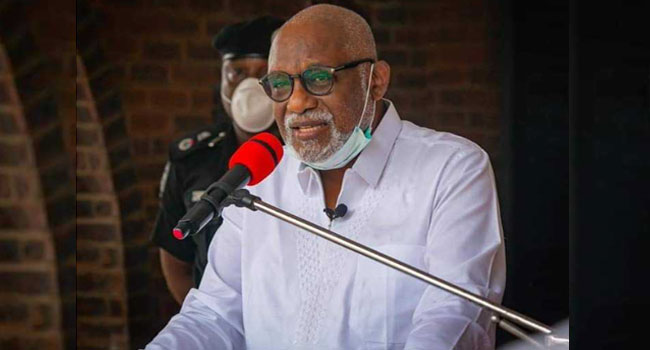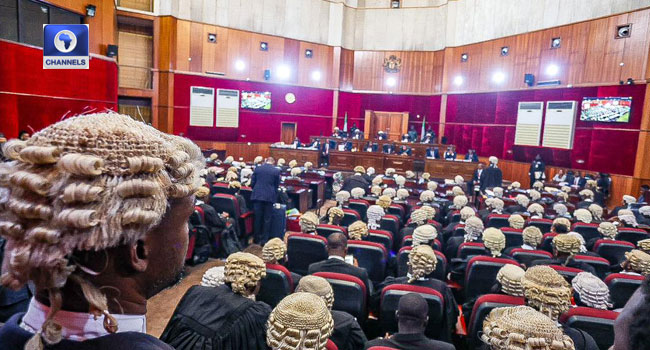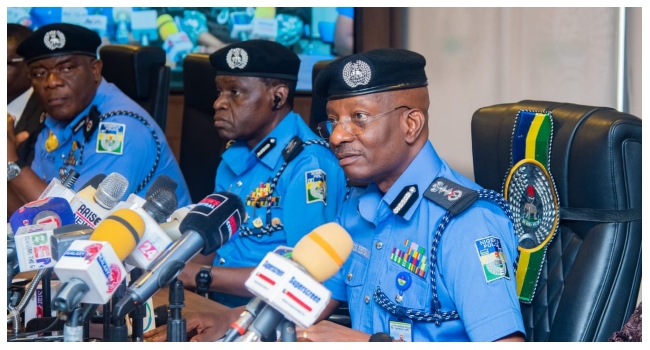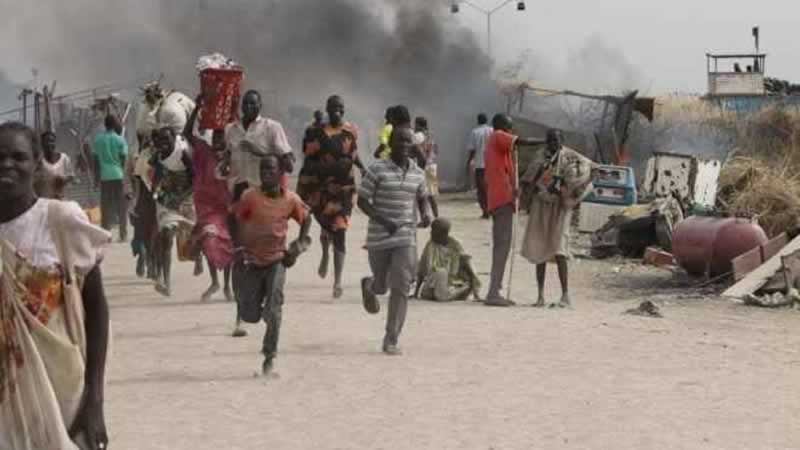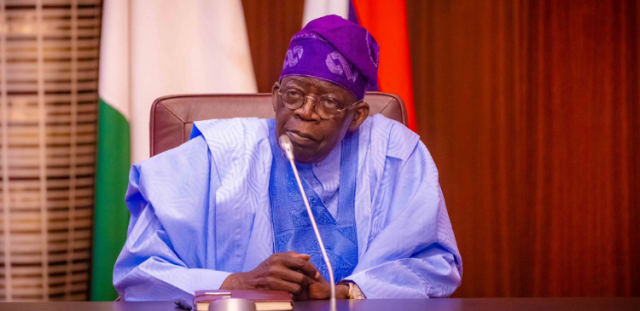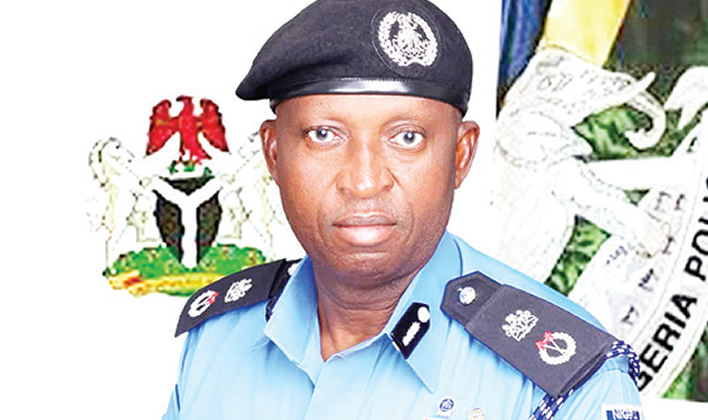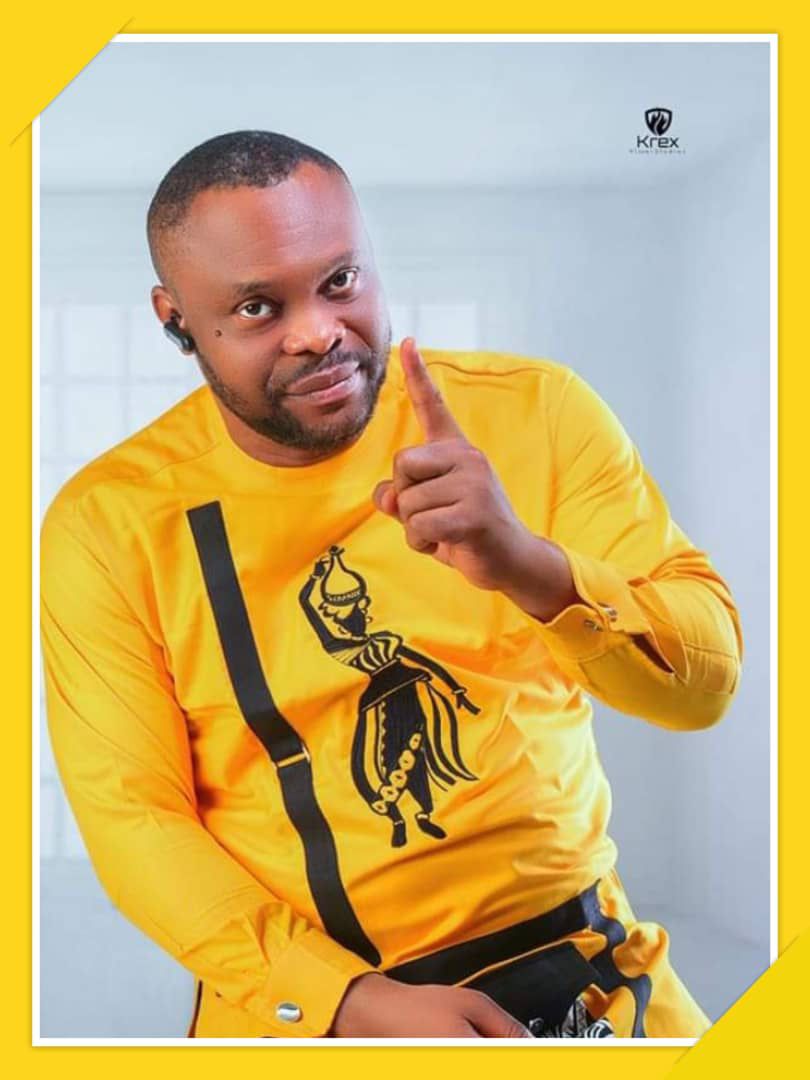The Presidential Petition Court, PEPC, sitting in Abuja, on Wednesday, admitted in evidence, a bundle of exhibits containing the total number of Permanent Voters Card, PVCs, that were collected in 32 states of the federation before the 2023 general elections. Equally admitted in evidence by the Justice Haruna Tsammani-led five-member panel, was a bundle of documents that contained the total number of registered voters in the states. The exhibits were brought before the court by the candidate of the Labour Party, LP, Mr. Peter Obi, who alleged that the presidential election that held on February 25, was rigged in favour of President Bola Tinubu of the ruling All Progressives Congress, APC. Though Obi’s legal team was led by Dr. Livy Uzoukwu, SAN, however, the exhibits, were tendered through another senior lawyer in the team, Mr. Peter Afuba, SAN. The petitioners told the court that the exhibits were duly certified by the Independent National Electoral Commission, INEC. However, the electoral body, through its lawyer, Mr. Kemi Pinhero, SAN, said it was vehemently opposed to the admissibility of the exhibits in evidence. Likewise, President Tinubu and the APC, who are the 2nd and 3rd Respondents in the matter, equally challenged the admission of the exhibits in evidence. All the Respondents said they would adduce reasons behind their objections, in their final written address. Despite the objections, the court admitted in evidence, documents on the total number of PVCs from the 32 states and marked them as exhibits PCN 1 to PCN 32. The court equally admitted in evidence, certified true copy of a certificate of compliance on exhibits the petitioners earlier tendered in respect of Edo state. Others electoral documents the court entered in evidence after they were tendered by the petitioners, were; certified copy of supplementary IReV reports for three Local Government Areas, LGAs, of Benue state, two LGAs of Cross River state, 12 LGAs of Lagos state, as well as one LGA in Gombe state. Meanwhile, earlier in the proceedings, the petitioners called three more witnesses that testified before the court. Dr. Chibuike Ugwoke, who appeared as the eight witness, PW-8, in the matter, told the court he is a a cyber security expert. The witness, who said he was subpoenaed to appear before the court to give evidence, tendered a document containing a press release the INEC issued prior to the general elections. Led in evidence by a member of Obi’s legal team, Mr. Patrick Ikweto, SAN, the witness, told the court that the press release dated November 11, 2022, which was signed by INEC’s National Commissioner, Mr. Festus Okoye, was titled; “Alleged plot to abandon transmission of polling unit results to IReV portal.” Ikweto, SAN, told the court that the witness had in paragraph 26 of his statement on oath, referred to sources/materials that were published or used by INEC from 2018 to 2023, with their specific Uniform Resource Identifiers, URIs, attached. He said the PW-8, who was described as an expert witness, equally tendered a report on what he termed as “meta data”. All the Respondents said they were opposed to the evidence of the witness and would give their reasons at a later stage of the case. Besides, counsel to all the Respondents told the he court that they were served with statement of the witness, which was about eight pages, shortly before the proceedings commenced on Wednesday. They, therefore, prayed the court to defer his cross-examination till Thursday to enable them to study his statement on oath which was admitted in evidence by the panel. After the court gave the witness the nod to vacate the box and return on Thursday, the petitioners called their ninth witness, Mr. Onoja Sunday. Sunday, who was led in evidence by Mr. Ikechukwu Ezechukwu, SAN, another member of Obi’s legal team, told the court that he is a staff of Women & Child Rescue Initiative, a Non-Governmental Organization. He tendered both his statement on oath and his office identity card, which were both admitted in evidence. While being cross examined by INEC’s lawyer, Mr. Abubakar Mahmoud, SAN, the witness told the court that from his observations, voting and counting went well on the day the presidential election held. Asked if his party won election in the polling unit where he observed, the witness, said; “I do not work for any party, neither do I have any candidate.” Answering further questions from INEC’s lawyer, the witness, said: “I did not work with BVAS in the polling unit and from my observation, the officials went away to the Ward collation center with the Form EC8A (polling unit result) that was signed by both the INEC officials and party agents.” While also being cross-examined by a lawyer in President Tinubu’s legal team, Mr. Emmanuel Ukala, SAN, the witness, admitted that the subpoena upon which he appeared before the court, was not addressed to his organization, but to him personally, using his village address. He told the court that after votes from the polling units was counted, INEC officials failed to upload the results to the IReV portal as required by the law. On its part, the APC, through its lead counsel, Prince Lateef Fagbemi, SAN, said it had no question for the witness. Similarly, in his own testimony, the 10th witness, Mr. Kefas Iya, who identified himself as a civil servant, said he was subpoenaed to appear to give evidence before the court. After a copy of the subpoena was tendered without objection from all the Respondents, the witness, told the court that he served as an ad-hoc staff of INEC. He told the court that he supervised about 24 units in his Ward at Madagali LGA in Adamawa state, alongside one Suleiman Mustapha. Narrating his experience as INEC’s Supervisory Presiding Officer, the witness, said: “Apart from a fracas that ensued between APC and PDP agents, there was no other issue except that of failure to transmit the election result. “I did a good job and scores of the


